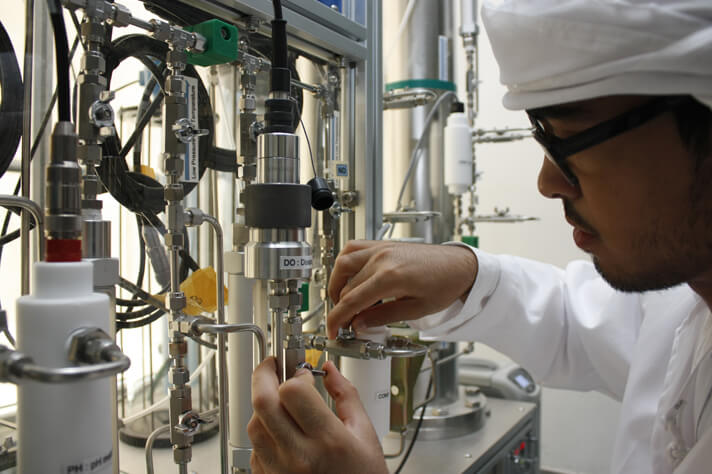
- Admissions
- Academics
- Research Office
- Student Life
- News & Events
- Outreach
- About
Khalifa University’s research relates to key focus sectors of relevance to the UAE’s strategic economic growth and the technology platforms that serve as foundations for these sectors. Khalifa University also engages in arts and sciences research that provides additional depth and breadth the university’s research portfolio. Specific topical areas covered are mathematics, physics, chemistry, biology, humanities and social sciences. Khalifa University’s research priorities are addressed in two categories — “verticals” and “horizontals” — which jointly cover specific industry and sector needs, technical platforms and expertise.



The research verticals align directly with specific industry and sector needs. The verticals are:
Clean and Renewable Energy
Water and Environment
Environmental resource management Hydrocarbon Exploration and Production
Healthcare
Aerospace (aero/astro)
Supply Chain and Logistics

The research horizontals relate to technical platforms and expertise that are utilized across industries and sectors. They are:
Advanced Materials and Manufacturing
Robotics, AI and Data Science
Information and Communication Technologies (ICT)
Sensors